Koen Olthuis on Al Gore’s 24H of reality
Watch here the live broadcast of 24 Hours of Reality: The Dirty Weather Report. The 24-hour event begins on November 14 at 8:00 p.m. Eastern Time
Watch here the live broadcast of 24 Hours of Reality: The Dirty Weather Report. The 24-hour event begins on November 14 at 8:00 p.m. Eastern Time
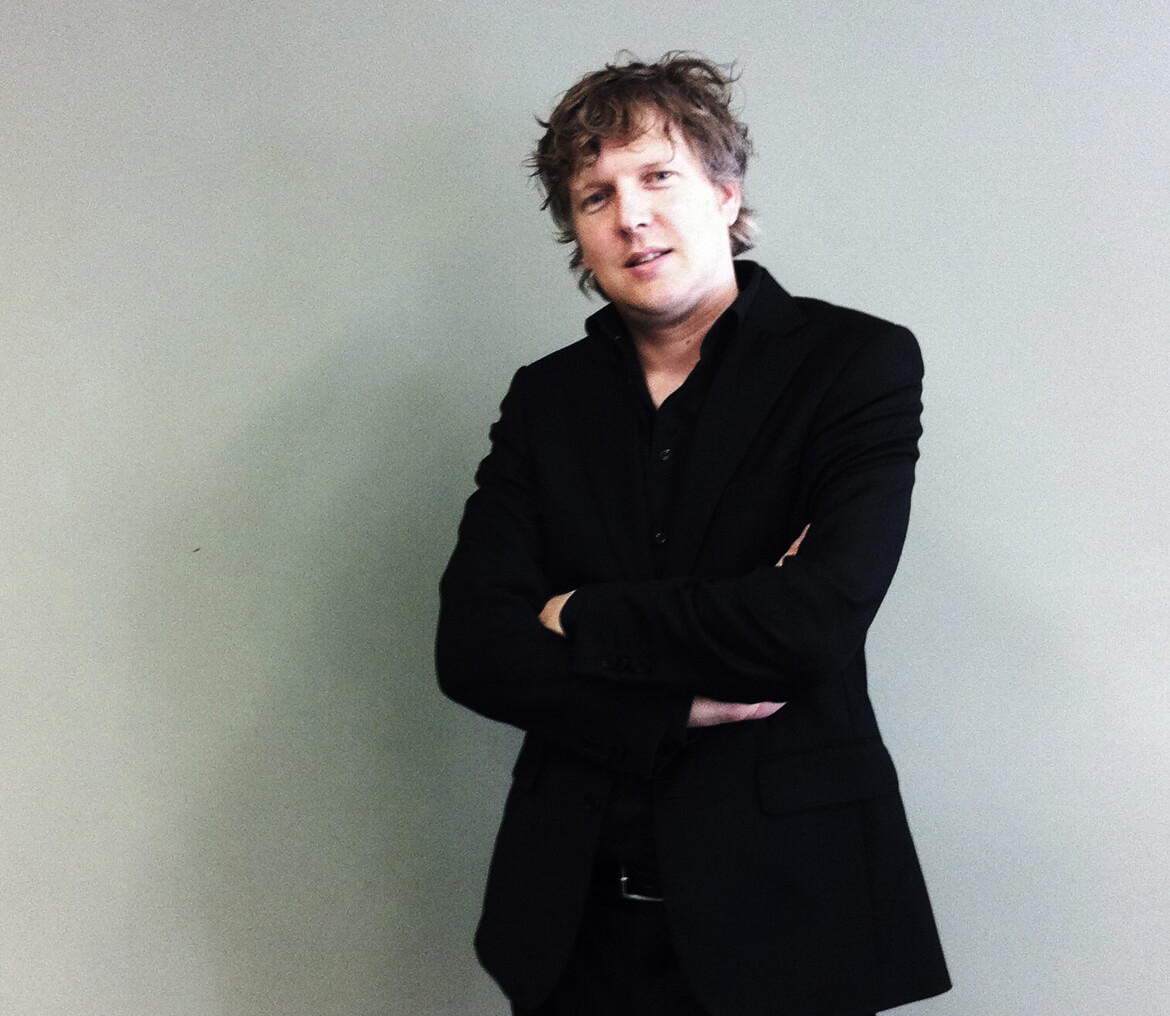
Koen Olthuis did a talk at the TEDx at the university of Hasselt in Belgium.
An interview with Koen Olthuis of Waterstudio.NL on the Venice Biennale for the exhibition “The Dutch Way” in the British Pavilion
Click here to visit our Youtube channel
A group of high ranking officers (VP’s and Directors) from the National Housing Authority of Thailand have visit Waterstudio for a presentation about our expertise on flooding and concepts for flood zones and on the water. Thailand faced a terrible flood problem last year. The agency is now studying the possibility of using another typology for their housing development.

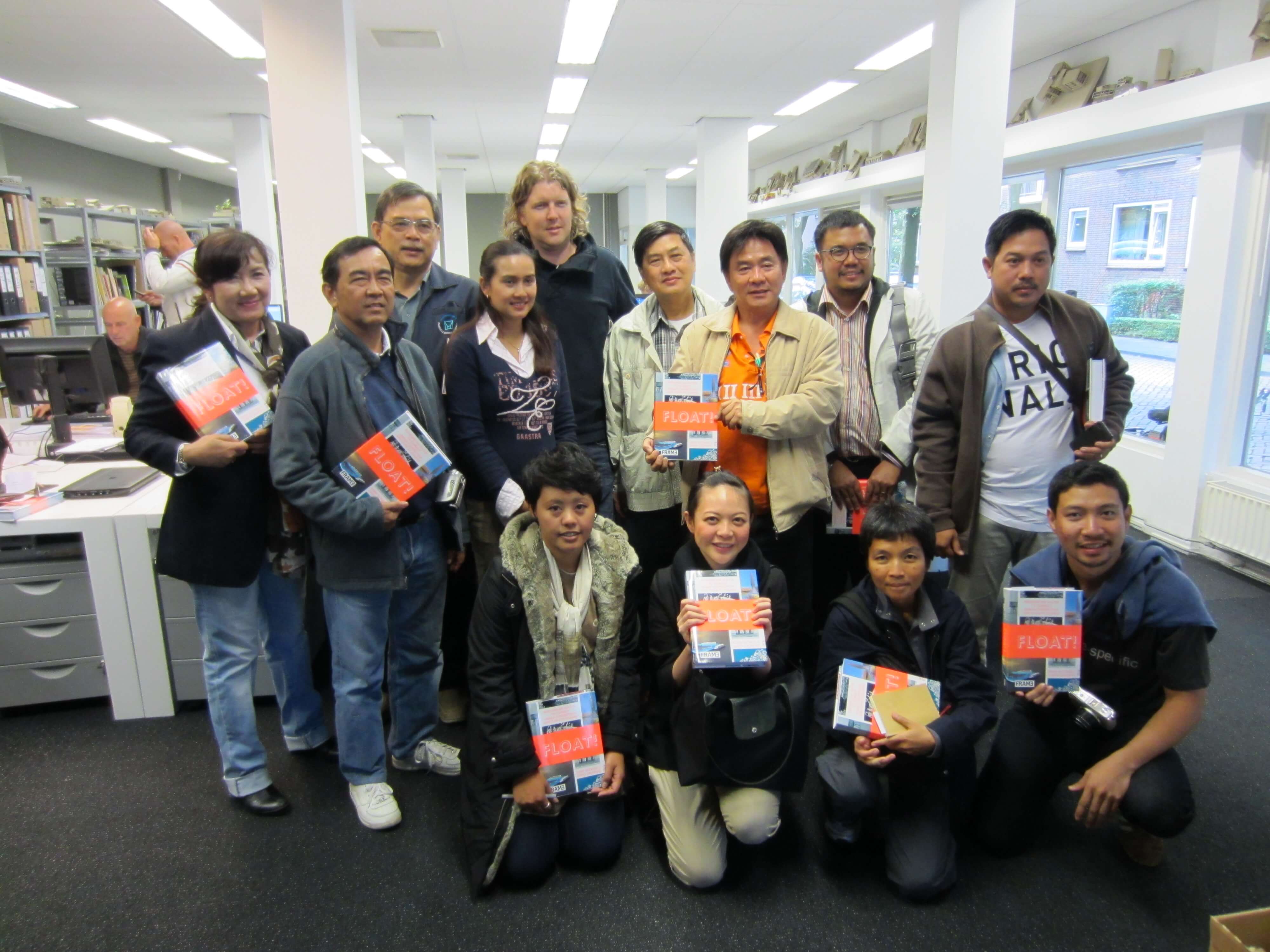
$150 million floating exhibition center proposed for Oswego Harbor: Oswego Neighbors Today
Oswego Mayor Tom Gillen received a letter of intent and proposal offer from Joe Pilotta and Samuel Oasis, of Digital Financial Group, in Columbus, Ohio. The letter outlines the details of a $150 million project called In-Nova Oswego. The goal of building a 155,000 sq. ft. facility that would float in Oswego’s harbor is jobs and job creation. The building would be designed by world-class architects Waterstudio, of the Netherlands. Pilotta, formerly of Oswego, contacted his fraternity brother, Mayor Gillen, about his ideas for the city.
The sustainable facility would utilize water, solar and wind power for heating/cooling and creating surplus energy. It would include an exhibition/trade center, office and lab space to accommodate 25 companies, an aquarium and aquatic gardens, a multimedia center, 20 luxury apartments and an observation deck. “People would come here just to see this marvel. There will be naysayers who’ll say, ‘Who the heck would want to live on the lake in the wintertime?’ The bottom line is, not too many people. But then again, the people who can afford to do that don’t really look at it like that,” the mayor told The Palladium Times. “What it would do is provide us with a venue that would attract people to our city. To have a concert hall (and) a floating IMAX Theater would be pretty remarkable stuff.” The project would be financed through private equity bonds. Listed as potential partners are Fraunhofer Center for sustainable Energy, USA/Germany and Citic Guoan Group, Beijing, China. The group indicates it would welcome “additional monies and tax credits.” Pilotta may present the preliminary plan to councilors and the public as early as Monday, prior to the Common Council committee meetings.
source http://www.syracuse.com
Video about this item
There is a saying that “God made the world, but the Dutch made Holland.” And for centuries, the Dutch have built different types of barriers to hold back rising water and allow for development.
But as sea levels continue to rise, instead of trying to fight the water, Dutch architects and urban planners are taking a new approach: finding ways to live with it.
The United Nations’ Intergovernmental Panel on Climate Change reported in 2007 that global sea levels rose an average of nearly 8 inches in the past 100 years and predicted that rate will accelerate in this century. Higher water makes for more severe storm surges, floods and land loss. With many of the world’s largest cities located on coastal estuaries, high and dry urban land will become an increasingly rare commodity.
Cue a renewed look at floating architecture.
“In the last decade, floating architecture changed from a fringe niche market into a realistic opportunity for expanding the urban fabric beyond the waterfront,” said Koen Olthuis, lead architect at Waterstudio.NL, an aqua-architectural firm in the Netherlands. For Olthuis, creating floating buildings goes beyond architecture and is about a new vision for city planning.
Rather than putting entire cities on water, most of the proposals today combine water-based buildings with land-based architecture protected against water using flotation fixtures, raised platforms or anchored structures. That kind of flexible, integrated approach is crucial for the future, said Olthuis.
“Instead of buildings that are not able to cope with the changing needs of a city, urban planners will start creating floating dynamic developments that can react to new and unforeseen changes.”
And there’s a range of designs out there, including a float-in movie theater in Thailand and a massive Sea Tree, which uses the model of oil storage towers found on open seas to provide habitat for animals.
One of the most ambitious projects under development is in the Maldives, where Waterstudio.NL was tasked by the Maldives government to design a network of floating islands, including the Greenstar hotel that will feature 800 rooms, a conference center and a golf course. The $500 million project is set for completion by 2015.
Other projects in the works include Baca Architects’ amphibious house destined for the Thames River in Great Britain. During dry times, the home would rest on a fixed foundation but could rise up to 8 feet if flooding occurred.
As the industry expands, Olthuis said the biggest challenge isn’t technology but changing the public’s perception of living on water. To help encourage the transition, designers often make the structures look and feel just like those on land.
“We want to diffuse the border between land and water,” said Olthuis. “That is the first step in the general acceptance of floating cities.”
On the NewsHour this week, we’ll be looking at the impact of rising sea levels on Louisiana’s coast as part of our Coping with Climate Change series.

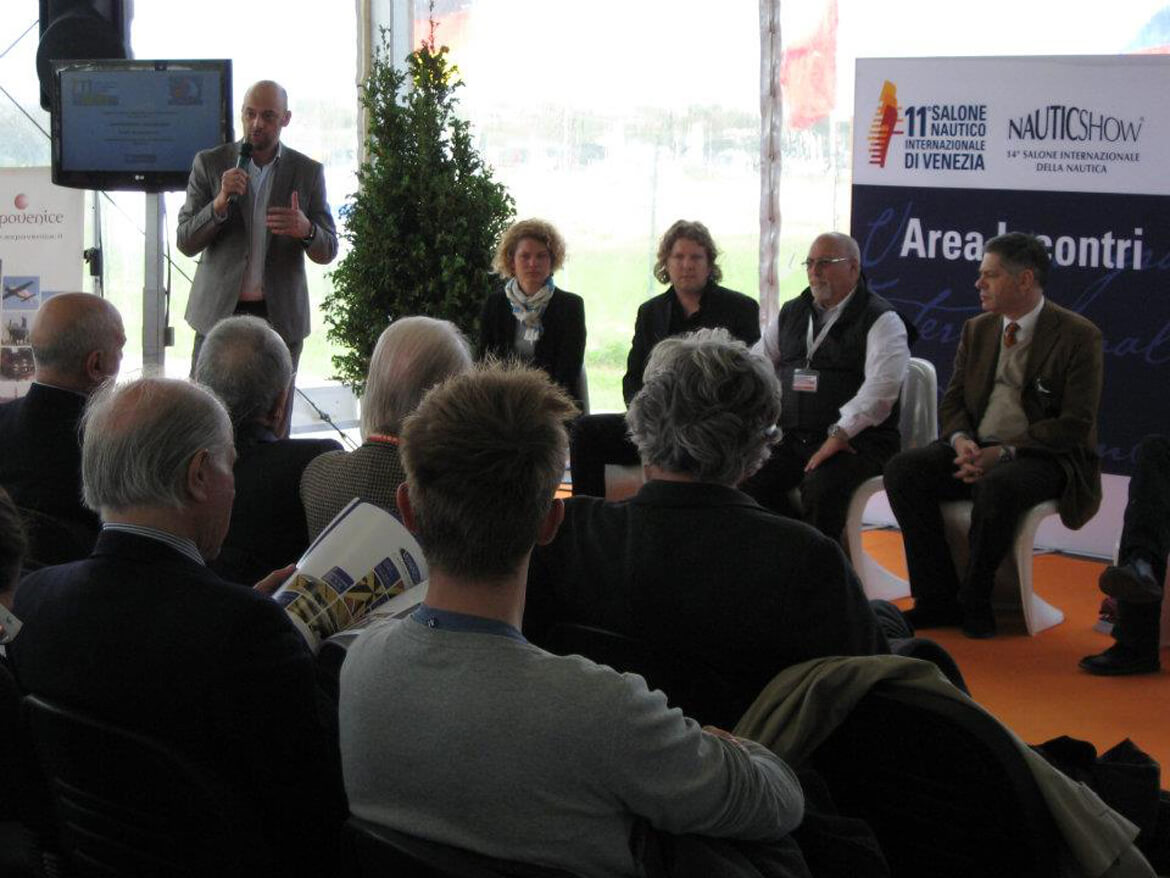
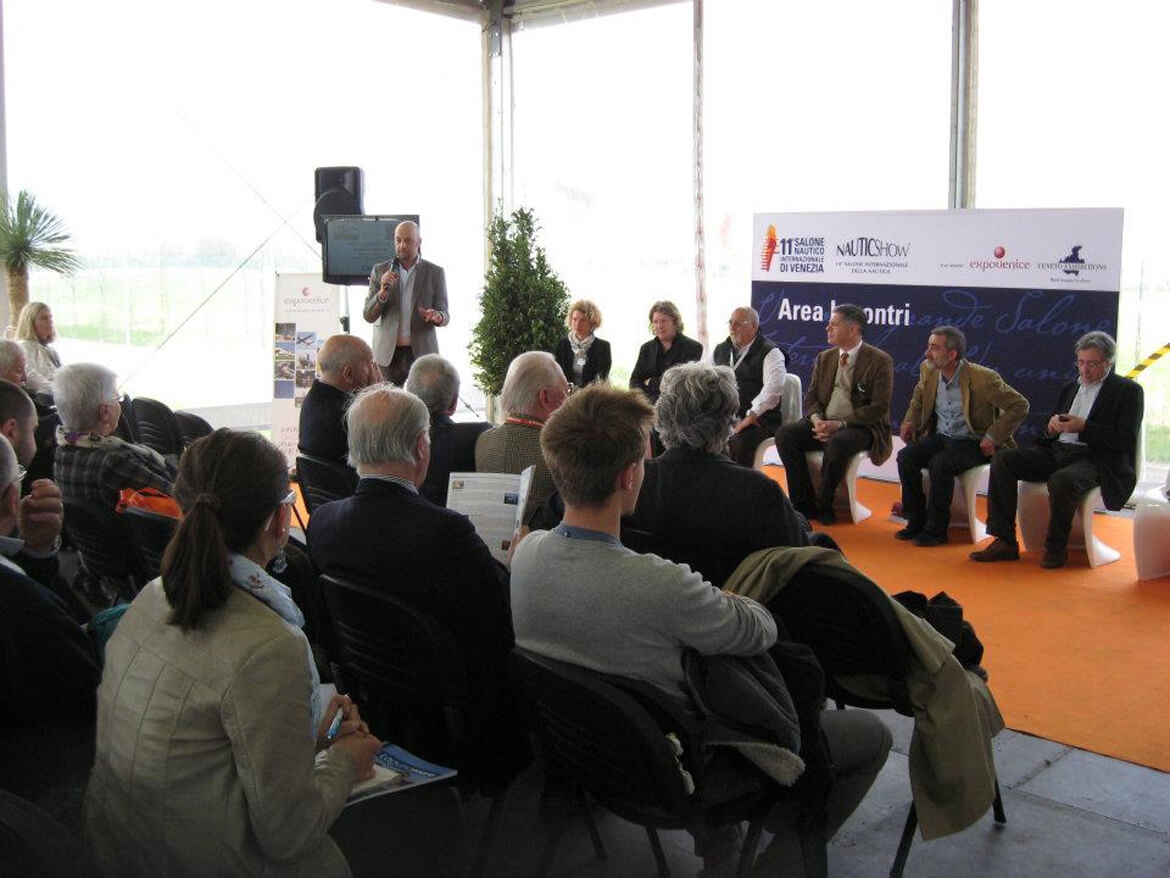
At the Salone Nautico di Venezia, Koen Olthuis spoke about the floating development possibilities in the lagoon of Venice
The video of the TEDx lecture of Koen Olthuis in Warwick is online now
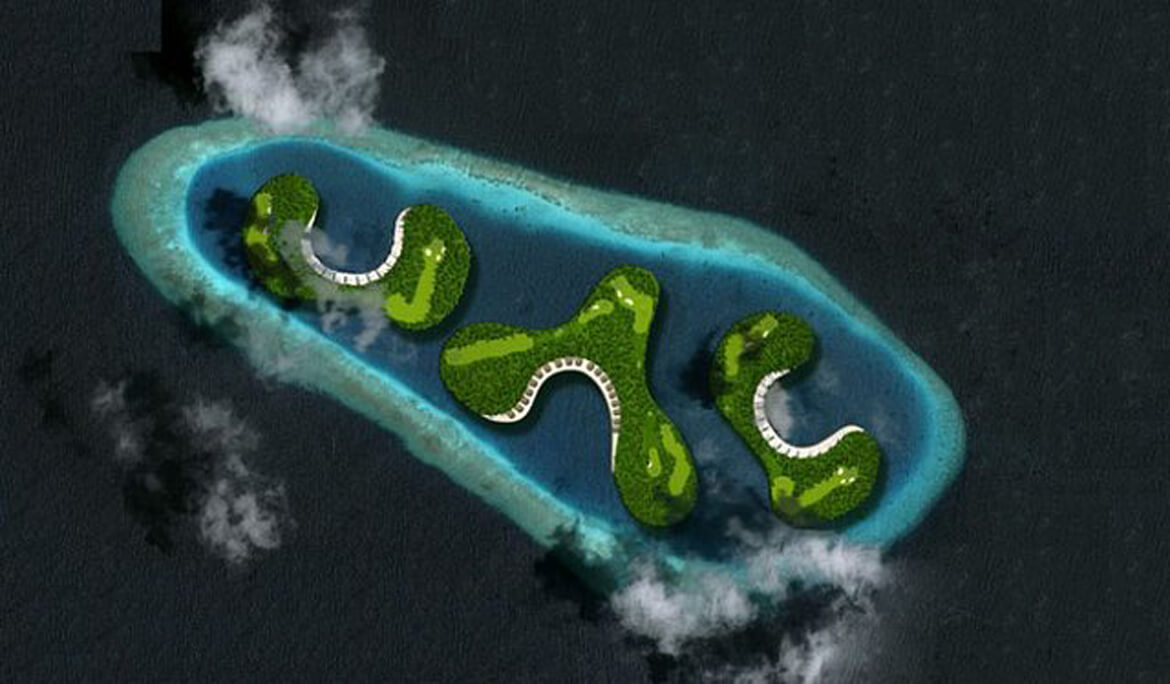
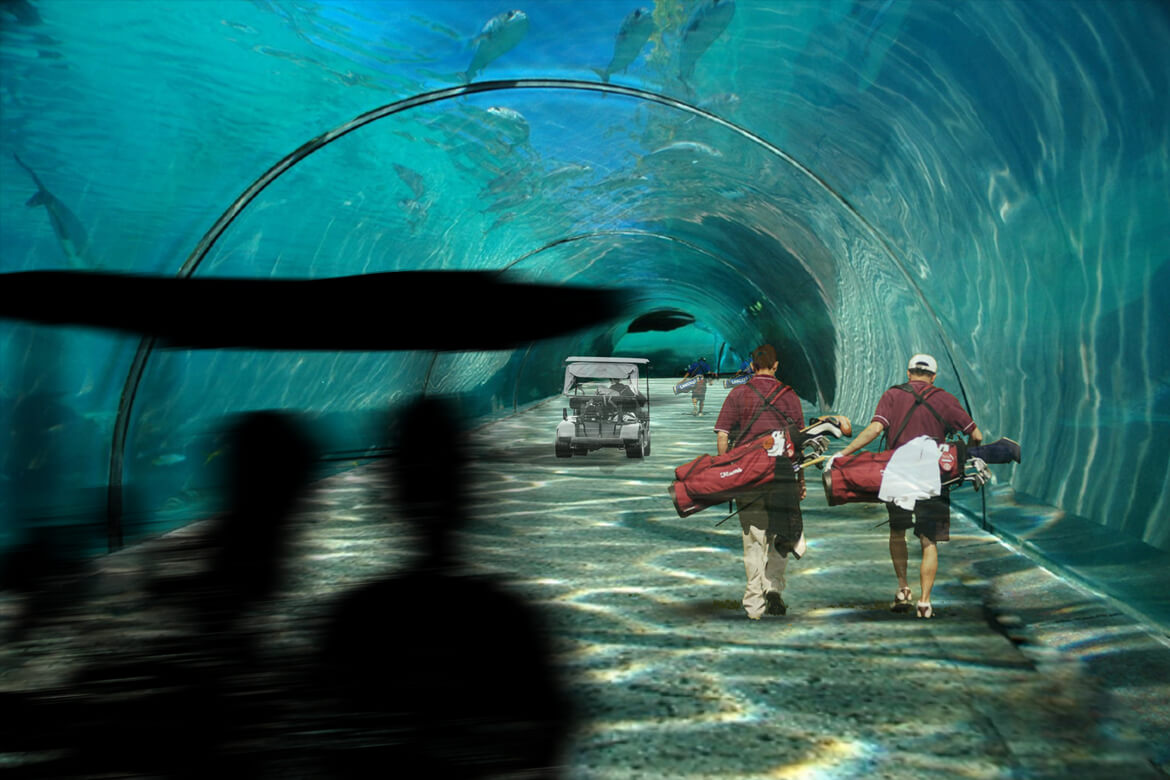
CNN, Will Tidey
Water hazard! $500 million floating golf course planned for Maldives. “Koen Olthuis’ vision will be realized when work officially starts on the project later this year”